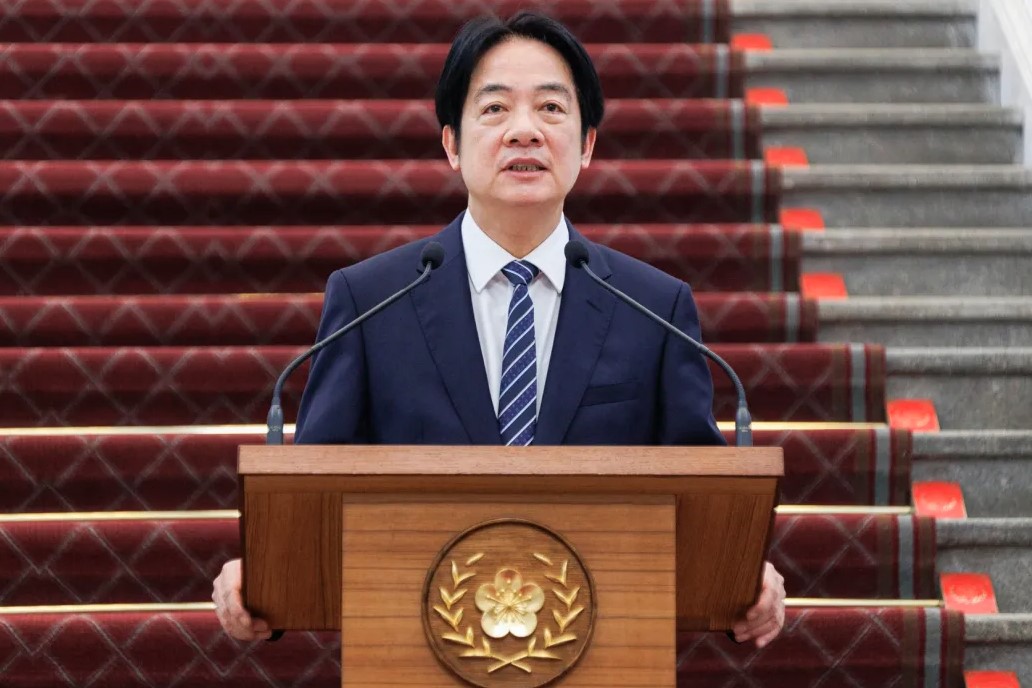TAIPEI: Taiwanese President Lai Ching-te vowed Wednesday to preserve the memory of victims of China’s Tiananmen Square crackdown on demonstrators 36 years ago, echoing rhetoric by US Secretary of State Marco Rubio.
Chinese troops and tanks forcibly cleared peaceful protesters from Beijing’s Tiananmen Square on June 4, 1989, after weeks-long demonstrations demanding greater political freedoms.
The exact toll is unknown but hundreds died, with some estimates of more than 1,000.
China’s communist rulers have since sought to erase any public mention of the crackdown.
“Authoritarian governments often choose to be silent and forget history; democratic societies choose to preserve the truth and refuse to forget those who have contributed to the ideal of human rights and their dreams,“ Lai said in a post on Facebook ahead of an annual vigil in Taipei’s Liberty Square.
“We remember the sacrifice of our predecessors, and we know the value of freedom, and we cannot ignore the erosion of global democracy and the rule of law by authoritarian expansion.”
China claims Taiwan is part of its territory and has threatened to seize the democratic island by force.
In a rare return to human rights rhetoric, Rubio said Tuesday the “world will never forget” what happened on June 4 even as Beijing “actively tries to censor the facts”.
“Today we commemorate the bravery of the Chinese people who were killed as they tried to exercise their fundamental freedoms, as well as those who continue to suffer persecution as they seek accountability and justice for the events of June 4, 1989,“ Rubio said in a statement.
Rubio during a long Senate career was an outspoken advocate for human rights, especially in China, and he spearheaded legislation imposing sanctions in response to the country’s treatment of the mostly Muslim Uyghur minority.
As President Donald Trump’s top diplomat, Rubio has been more selective, focusing his rights criticism on US adversaries including China and Cuba.
Rubio’s predecessors have issued statements each year to mark the anniversary of the bloody crackdown.
But Rubio’s statement also had subtle differences -- his Democratic predecessor Antony Blinken last year urged China to accept recommendations in a UN-backed rights review and to respect freedoms enshrined in the post-World War II Universal Declaration of Human Rights.
Rubio did not reference the United Nations, a frequent target of criticism by the Trump administration.









